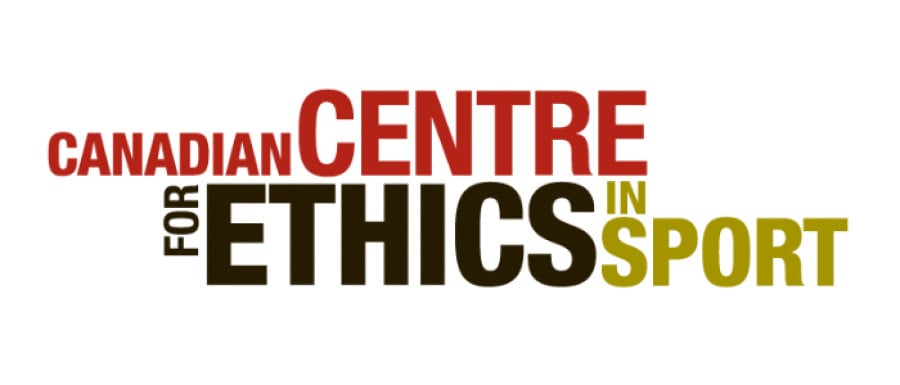Judo athlete suspended for the presence of salbutamol
Press Release
This article is written in English with a French translation underneath.
March 10, 2016 – The Canadian Centre for Ethics in Sport (CCES) announced today that Ana Laura Portuondo-Isasi, a judo athlete, received a sanction of two years for an anti-doping rule violation. The athlete’s urine sample, collected during in-competition doping control on May 17, 2015, revealed the presence of salbutamol in excess of the threshold stated in the World Anti-Doping Agency Prohibited List.
The presence of salbutamol, classified as a “specified substance” on the Prohibited List, is considered an adverse analytical finding when the urinary concentration exceeds 1,000ng/mL. Under the rules of the Canadian Anti-Doping Program (CADP), an athlete facing a first violation involving a “specified substance” can seek to have the sanction reduced. Based on CCES’ assessment of the athlete's degree of fault, the CCES proposed a sanction period of two years.
In response to the CCES’ notification of the adverse analytical finding, Ms. Portuondo-Isasi acknowledged the anti-doping rule violation and a hearing was held to determine the sanction length. Arbitrator Patrice Brunet imposed a sanction of two years ineligibility from sport, terminating May 16, 2017. The athlete, who resides in La Prairie, Quebec, is ineligible to participate in any capacity with any sport signatory to the Canadian Anti-Doping Program (CADP), including training with teammates.
A copy of the full decision can be found at www.crdsc-sdrcc.ca.
The CCES is an independent, national, not-for profit organization with a responsibility to administer the CADP. Under the CADP rules, the CCES announces publicly every anti-doping rule violation. We recognize that true sport can make a great difference for individuals, communities and our country. We are committed to working collaboratively to activate a values-based and principle-driven sport system; protecting the integrity of sport from the negative forces of doping and other unethical threats; and advocating for sport that is fair, safe and open to everyone.
Une athlète de judo suspendu pour la présence de salbutamol
Le 10 mars 2016 – Le Centre canadien pour l’éthique dans le sport (CCES) vient d’annoncer qu’Ana Laura Portuondo-Isasi, une athlète de judo, s’est vu imposer une suspension de deux ans pour une violation des règles antidopage. L’analyse de l’échantillon d’urine de l’athlète recueilli à l’occasion d’un contrôle en compétition le 17 mai 2015 a révélé le dépassement du seuil de salbutamol autorisé dans la Liste des interdictions de l’Agence mondiale antidopage.
La présence dans l’urine de salbutamol, qui fait partie des « substances spécifiées » sur la Liste des interdictions, à une concentration supérieure à 1000 ng/ml est considérée un résultat d’analyse anormal. En vertu des règles du Programme canadien antidopage (PCA), une athlète qui commet une première violation dans le cas d’une « substance spécifiée » peut demander que sa sanction soit réduite. À partir de l’évaluation faite par le CCES du degré de la faute de l’athlète, le CCES a recommandé une suspension de deux ans.
En réponse à la notification du CCES l’informant d’un résultat d’analyse anormal, Madame Portuondo-Isasi a reconnu avoir commis une violation aux règles antidopage et une audition s’est déroulé pour déterminer la période de suspension. L’arbitre Patrice Brunet lui a imposé une suspension de deux ans qui prendra fin le 16 mai 2017. Durant cette période, il est interdit à cette athlète, qui réside à La Prairie, au Québec, de participer, peu importe à quel titre, à tout sport organisé signataire du PCA, y compris de s’entraîner avec ses coéquipiers.
Il est possible de consulter le libellé intégral de cette décision à www.crdsc-sdrcc.ca.
Le Centre canadien pour l’éthique dans le sport est l’organisme national indépendant et à but non lucratif responsable de l’administration du Programme canadien antidopage. En vertu des règles du PCA, le CCES est tenu de rendre publique toute violation aux règles antidopage. Nous reconnaissons que le sport sain peut faire une grande différence pour les individus, les collectivités et notre pays. Nous avons pris l’engagement de travailler en collaboration à activer un système sportif basé sur des valeurs et animé par des principes; à protéger l’intégrité du sport des forces négatives du dopage et d’autres menaces non éthiques; et à défendre le sport juste, sécuritaire et ouvert à tous.




